Surprising symbiosis found between spiders and plants
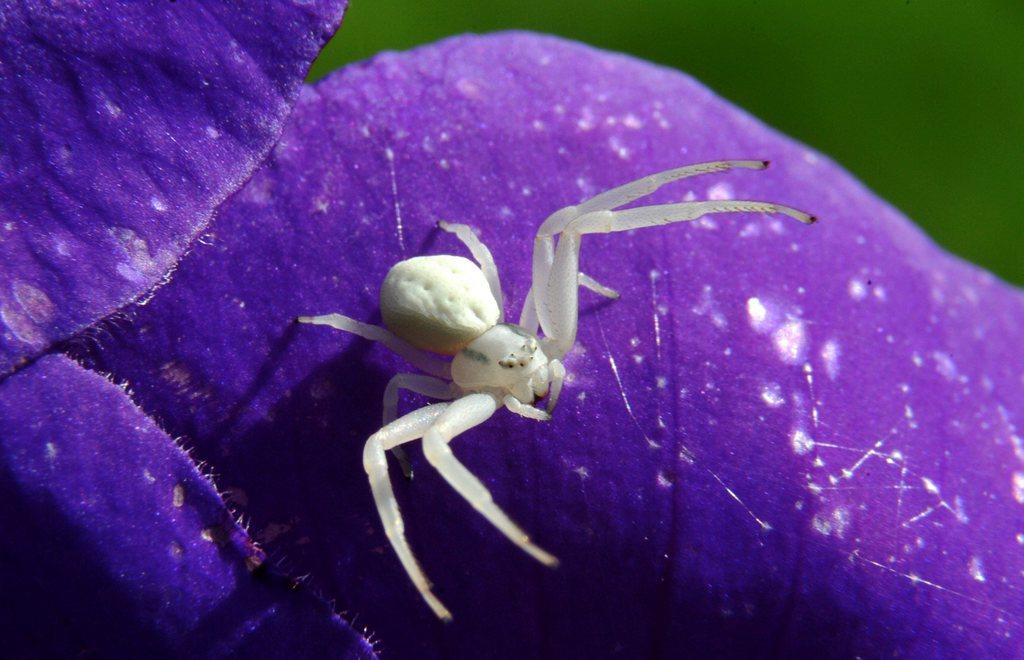
Crab spiders, which occupy flowering plants to pick off visiting pollinators, might not be so damaging after all: they also come to the help of plants besieged by harmful insects, researchers at the University of Zurich have found.
Symbiotic interactions between species across nature are common. Think of the elephant plodding across the plains with birds grooming its back, or the tireless work of the earthworm helping to fertilise the soil.
Crab spiders, so-called ambush hunters who wait on flowering plants to feed on visiting pollinators such as bees, are not usually known for their usefulness. But research from the Department of Systematic and Evolutionary Botany at the University of Zurich has found that they also help to rid plants of harmful insects by eating them and their larvae.
Studying the interaction between the spiders and the buckler-mustard (a yellow flowering plant common in Europe), the researchers came to an even more surprising conclusion: the plant itself can send out a “cry for help” when heavily attacked by florivores (flower-feeding herbivores).
This takes the form of an increase in the amount of “floral volatile” (flower scent) emitted by the plant, which in turn attracts more crab spiders to the rescue, they say.
+ How the Swiss government is trying to protect biodiversity
“The study shows that the effect of interacting organisms is highly dependent on the ecological context,” says a university press release.
And yet these contexts are constantly changing as a result of human or other factors, with often unforeseeable implications – especially when an existing partner in the interaction disappears.
“For this reason, it’s important to better understand the interactions between organisms and their consequences to be able to apply the insights in the protection of ecosystems or organic farming,” said report author Florian Schiesti.

In compliance with the JTI standards
More: SWI swissinfo.ch certified by the Journalism Trust Initiative
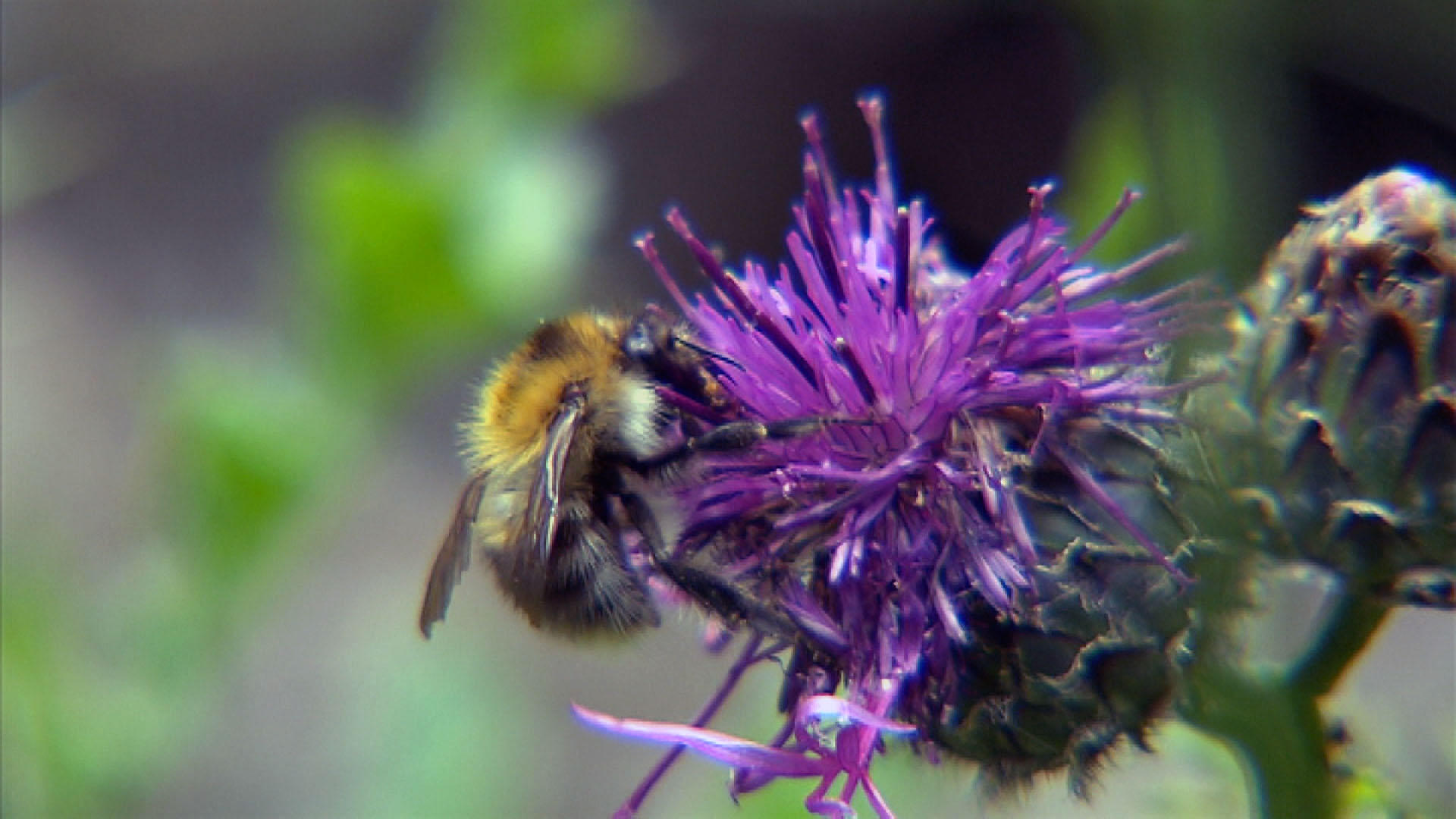
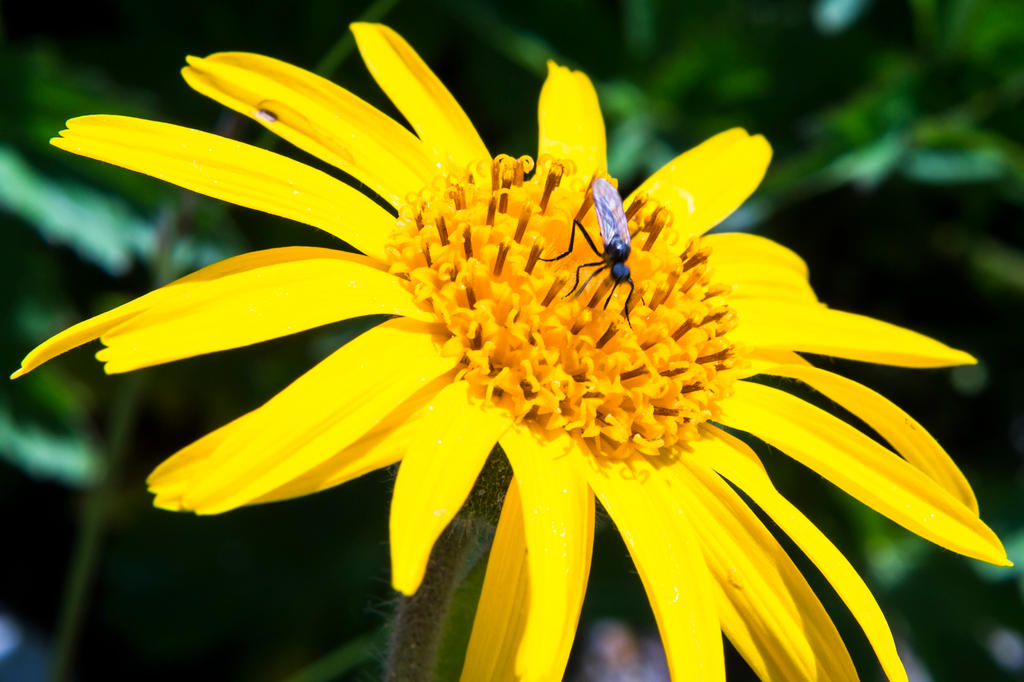
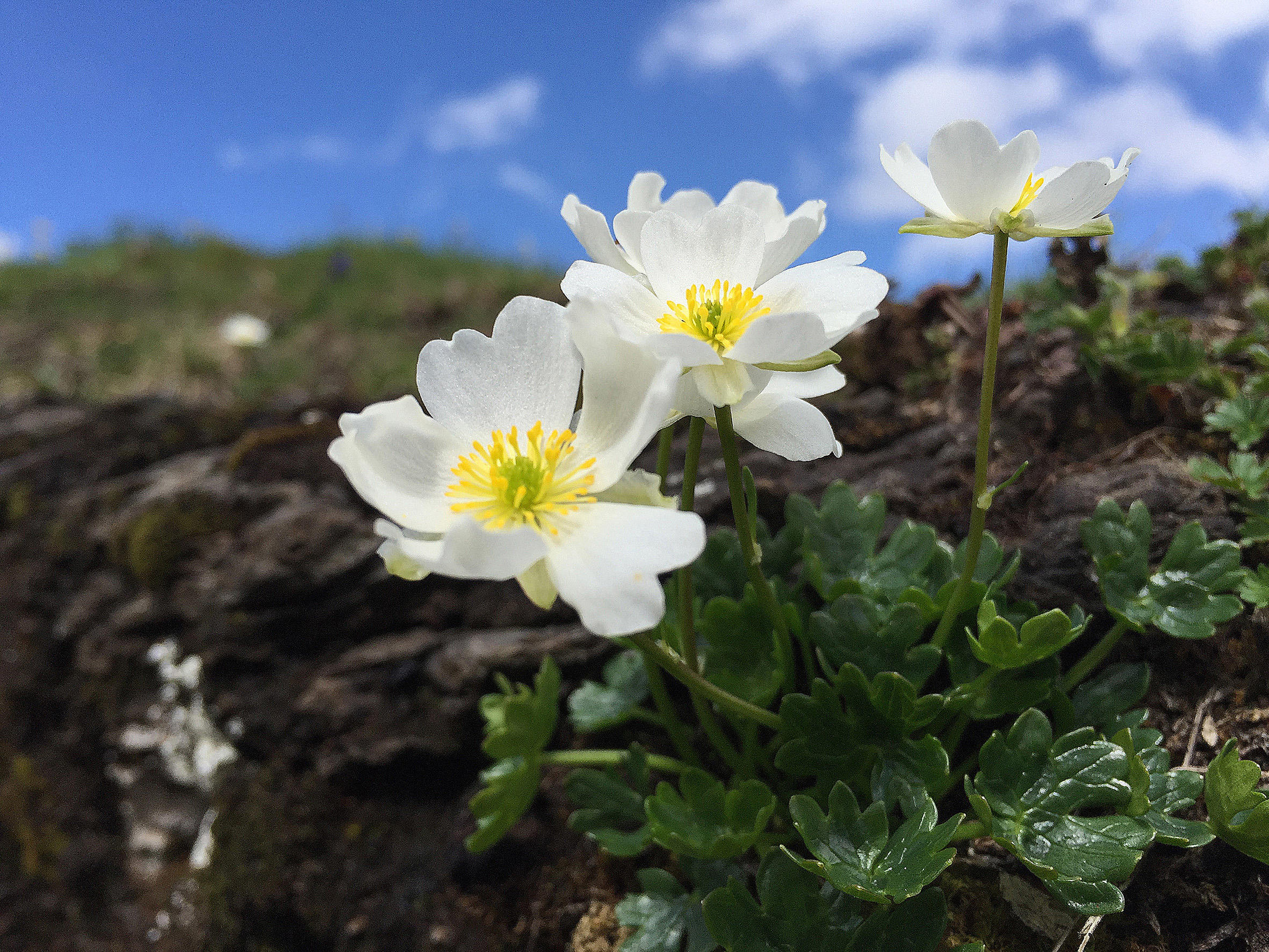
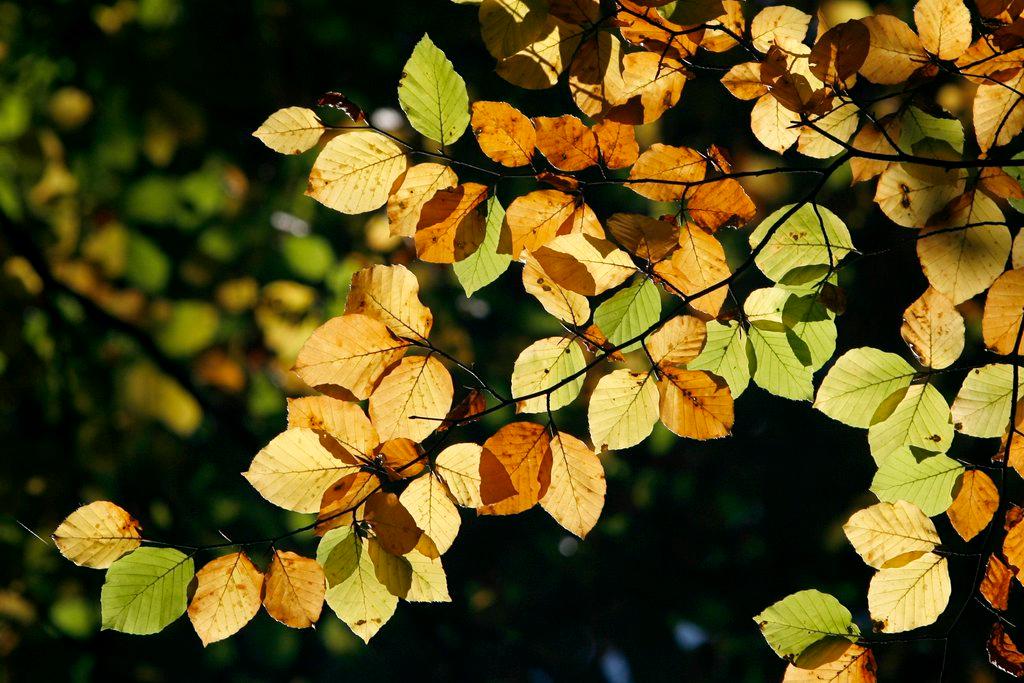
You can find an overview of ongoing debates with our journalists here. Please join us!
If you want to start a conversation about a topic raised in this article or want to report factual errors, email us at english@swissinfo.ch.